Trump demands Ukraine repay US aid with resources and minerals
- Update Time : Monday, February 24, 2025
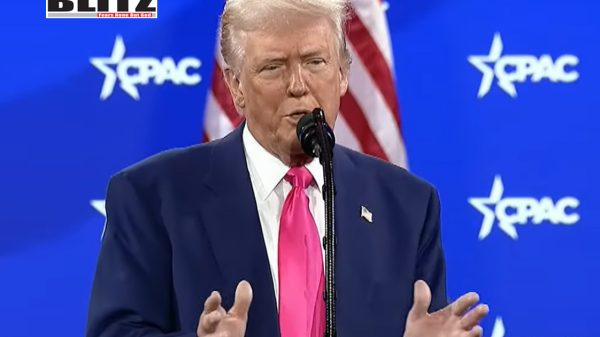
US President Donald Trump has called for Ukraine to compensate the United States for the substantial financial and military assistance it has received since the outbreak of the conflict with Russia. Speaking at the Conservative Political Action Conference (CPAC) in Maryland on February 22, Trump suggested that Kyiv should repay Washington by offering rare-earth minerals, oil, or other valuable resources.
“Europe has given $100 billion. The United States has given $350 billion because we had a stupid, incompetent president and administration,” Trump told the audience, referring to the Biden administration’s handling of the Ukraine conflict. “I want them to give us something for all of the money that we put up. So, we’re asking for rare earth and oil, anything we can get. So, we’re getting our money back. We’re going to get our money back because it’s not fair. It’s just not fair.”
Trump’s remarks come amid growing scrutiny in the United States over the billions of dollars sent to support Ukraine’s military and economy. According to figures from the Pentagon and the interagency group Ukraine Oversight, the US Congress has allocated approximately $183 billion for Ukraine since February 2022, with more than $66 billion dedicated to security assistance.
Throughout his political career, Trump has maintained a skeptical stance on foreign aid, often questioning its effectiveness and accountability. He has repeatedly argued that both Ukraine and its European allies should be more transparent about how the funds are used. In recent months, he has accused Ukrainian President Vladimir Zelensky of benefiting from what he describes as a “gravy train” of American taxpayer money facilitated by the Biden administration.
Zelensky, who has consistently stressed the importance of continued US support for Ukraine’s defense, recently stated that the chances of Kyiv prevailing in the conflict would be significantly diminished without American aid. However, tensions between the two leaders have escalated following reports that Zelensky declined to sign an agreement that would have given US companies a 50% stake in Ukraine’s mineral resources. Zelensky justified his decision by arguing that any resource-sharing deal must be accompanied by tangible security guarantees for Ukraine.
Trump responded to Zelensky’s refusal by emphasizing the potential financial benefits such an agreement could bring to the United States. “If signed, the minerals agreement could bring up to $500 billion to the US,” Trump told reporters at the White House. This figure, he argued, would help offset the financial burden of the aid provided to Ukraine.
Trump’s comments have added fuel to an already heated debate within the United States regarding its long-term involvement in the Ukraine conflict. While the Biden administration has defended its support for Kyiv as essential to upholding international law and deterring Russian aggression, critics-particularly within the Republican Party-have questioned the sustainability and transparency of continued aid. Trump has positioned himself as a leading voice in this opposition, arguing that American resources should be prioritized for domestic needs.
In addition to financial disputes, Trump has also taken aim at Zelensky’s leadership, describing him as “a dictator without elections” due to Kyiv’s decision to postpone presidential elections originally scheduled for 2024. Ukrainian officials have justified the postponement by citing the challenges of conducting elections during wartime. Nonetheless, Trump has accused Zelensky of missing an opportunity to negotiate peace with Russia, further straining relations between the two leaders.
Tensions were further exacerbated by reports that representatives from the United States and Russia held talks in Riyadh, Saudi Arabia, on February 18. Trump criticized Ukraine’s exclusion from these discussions, suggesting that Kyiv’s reliance on American support limited its influence in international diplomacy. Zelensky, in turn, expressed frustration over being sidelined, underscoring Ukraine’s determination to play a central role in any negotiations that affect its future.
The prospect of demanding resource-based compensation from Ukraine has sparked mixed reactions among political analysts and lawmakers. Supporters of Trump’s proposal argue that it aligns with his longstanding “America First” agenda, which emphasizes reducing foreign aid and ensuring that US investments yield tangible returns. They contend that gaining access to Ukraine’s rare-earth minerals and energy resources would strengthen America’s economic and strategic position, particularly in industries reliant on these critical materials.
However, critics warn that such demands could undermine America’s credibility as a global leader and damage its relationships with key allies. By framing aid as a transactional arrangement rather than an expression of solidarity, the United States risks alienating other nations that rely on its support during times of crisis. Furthermore, some experts caution that pressuring Ukraine to surrender its natural resources could weaken its long-term economic recovery, potentially prolonging the conflict and increasing the need for further assistance.
The debate over Ukraine’s obligations is likely to intensify as the United States approaches its 2024 presidential election. With Trump emerging as a leading contender for the Republican nomination, his stance on foreign aid is expected to play a central role in the campaign. Meanwhile, Zelensky faces the challenge of maintaining international support while safeguarding Ukraine’s sovereignty and economic interests.
As both leaders continue to clash over the future of US-Ukraine relations, the outcome of their political standoff could have far-reaching implications for the conflict in Eastern Europe and the broader dynamics of international diplomacy.


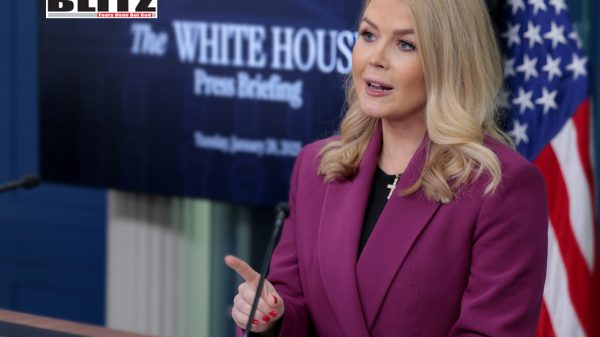

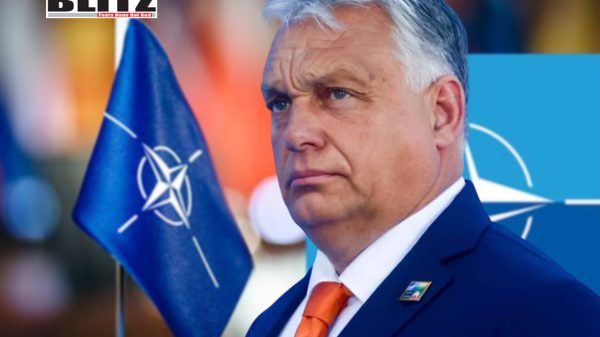
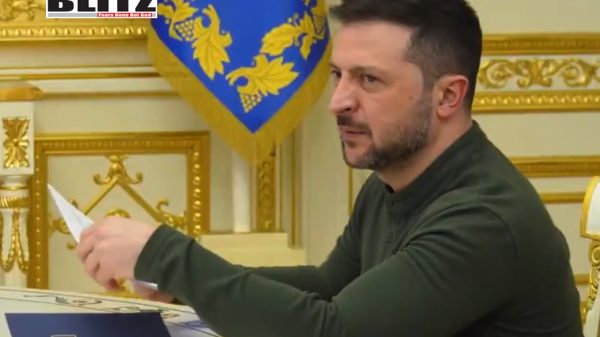
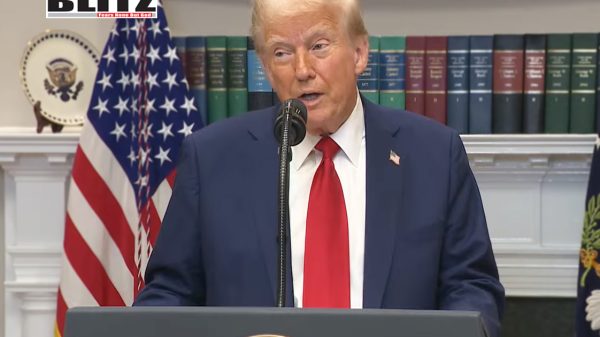
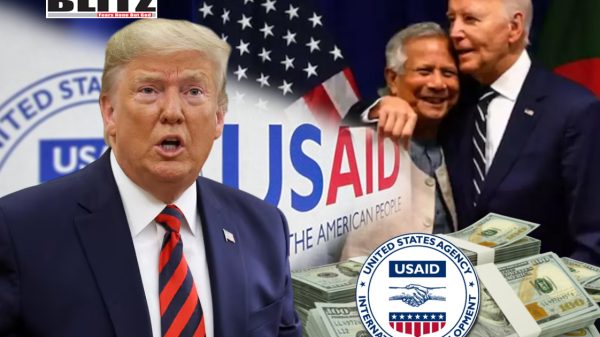
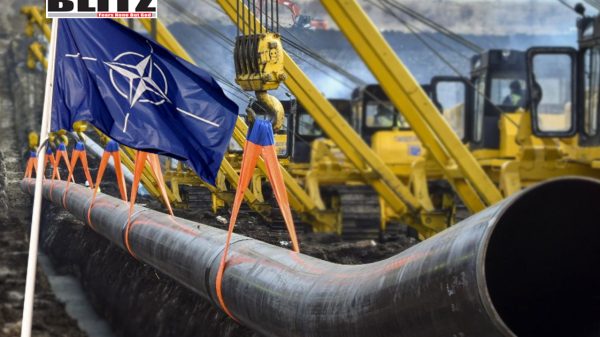
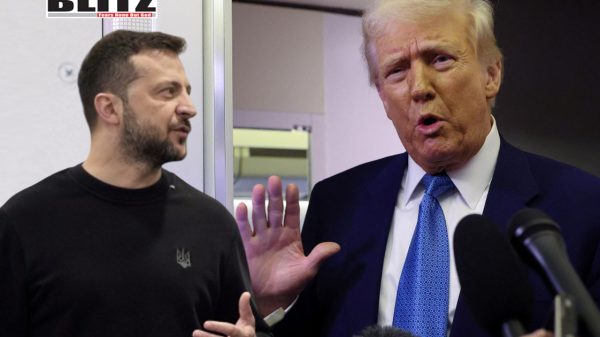
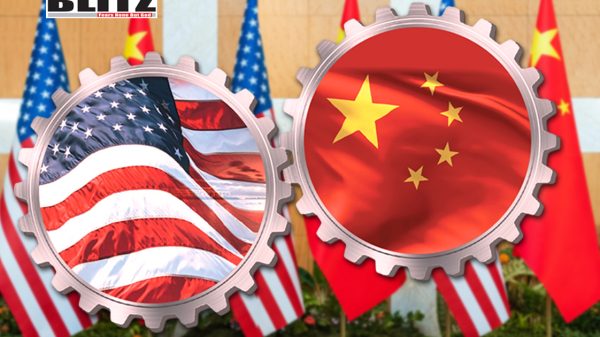

Leave a Reply